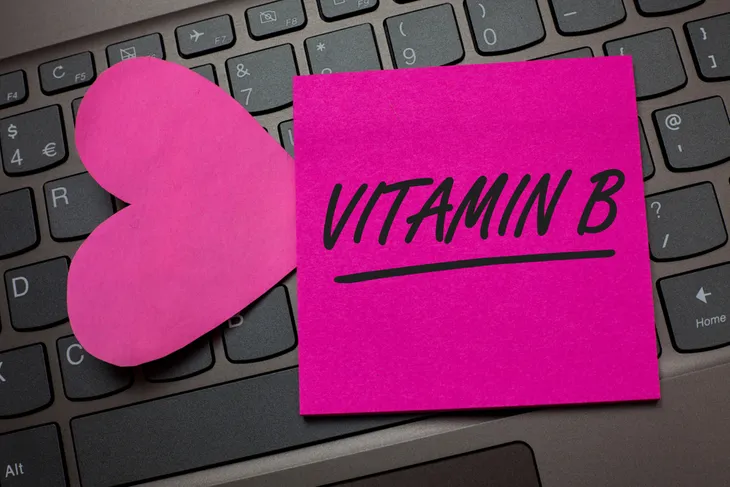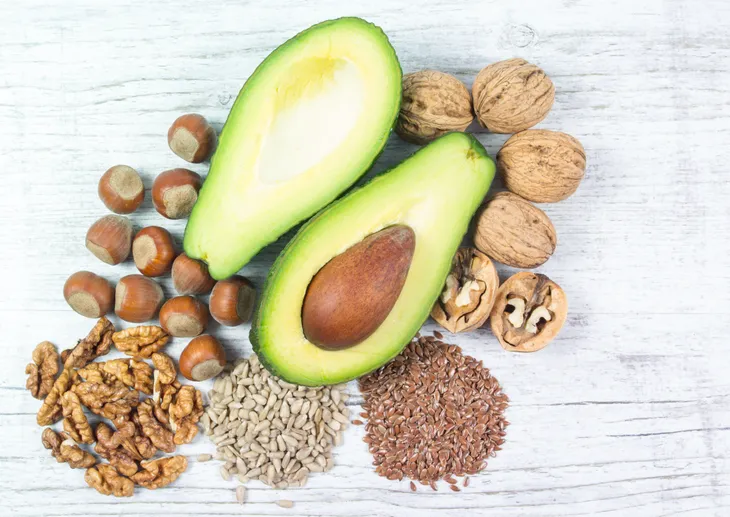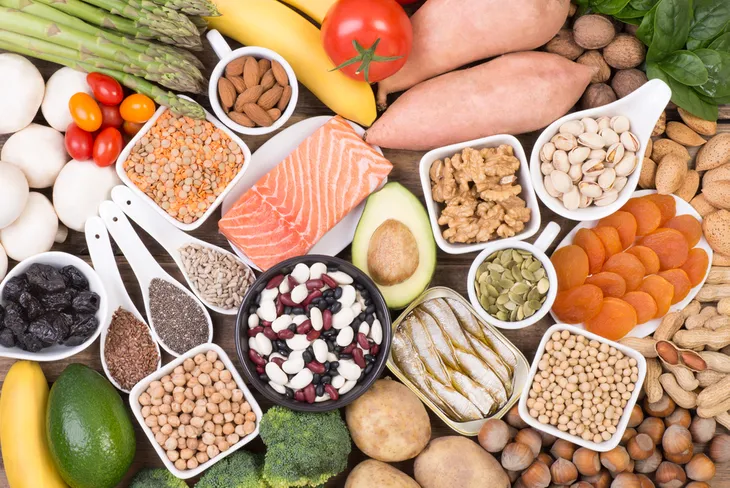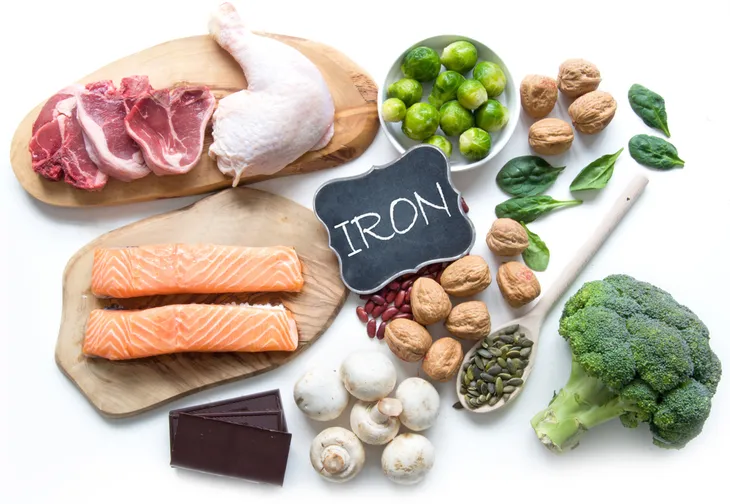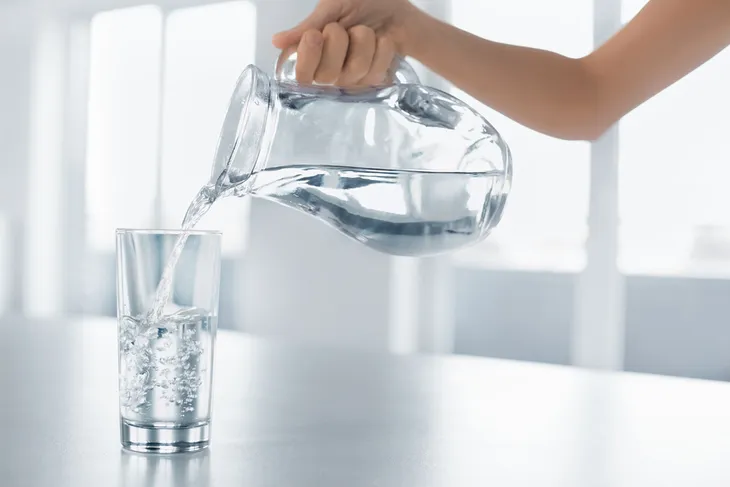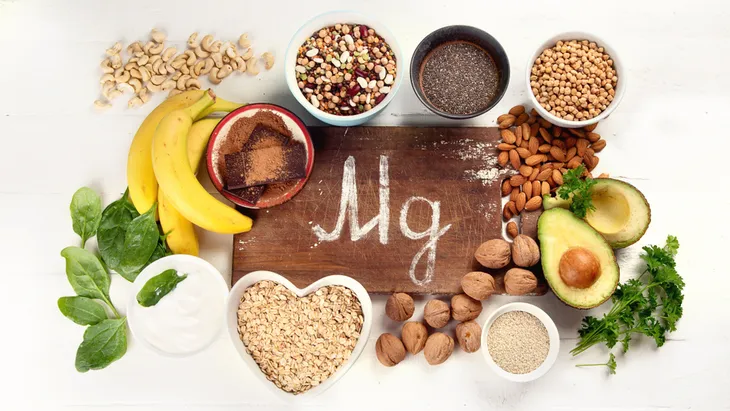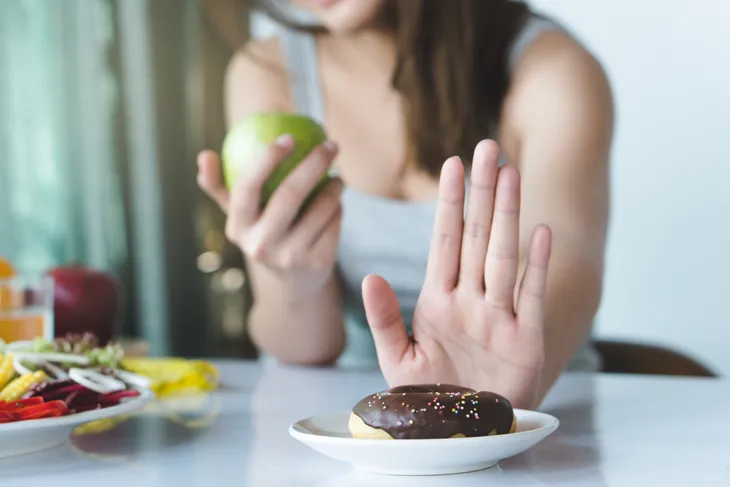Premenstrual syndrome (or PMS) comes once a month for most women. And while the majority of women experience almost no PMS symptoms, approximately 20-percent of women suffer with moderate to severe aches and pains—including tender breasts, bloating, headache, abdominal cramping, and mood swings—the week before their menstruation commences.
Many medical experts point to fluctuating hormone levels as the culprit for uncomfortable PMS symptoms. But many would add that diet can play a huge role when it comes to the severity of PMS symptoms.
What do you eat and drink in the weeks prior to your period. Here are 10 food and drink recommendations that have been shown to reduce PMS symptoms…
Vitamin B
Vitamin B is your ally when it comes to blasting the uncomfortable symptoms of PMS—such as mood swings, bloating, fatigue, and bad food cravings. So add a multivitamin or B12 complex to your regular diet or start eating more sweet potatoes, eggs, and chicken breast.
Healthy Fats
A fatty diet will only make your PMS symptoms worse. That means you need to replace unhealthy fats with the healthy kind found in fatty fish like tuna and salmon, avocados, or nuts and seeds (particularly walnuts and almonds). (Here’s a list of the Top Sources of Healthy Fats).
Potassium
You already know that lack of potassium can cause painful leg and foot cramps. Well it’s related to PMS cramping as well. Luckily, fruits like bananas, cantaloupe and oranges are rich in potassium. So make a fruit salad or drink a glass of OJ.
Pump Up The Iron
Consuming more iron-rich foods prior to your monthly menstrual period can help relieve that dragging feeling brought on by PMS. Blast fatigue with red meat, beans, shellfish, dark green leafy vegetables, egg yolks, and poultry, but make sure to eat them with vitamin C rich foods to aid iron absorption.
Hydrate with Water
PMS-related bloating is actually caused by dehydration. It may seem like you have too much water in your body, but if you’re not drinking enough water, you will actually retain more water. Focus on fresh water and foods with high water concentration—such as watermelon, cucumbers, and celery.
Vitamin E
Boosting the vitamin E in your diet, or even taking supplements, has helped relieve PMS symptoms such as bloating and inflammation (i.e., headache). Incorporate vitamin E rich foods—like wheat germ, olive oil, nuts and seeds, avocados, and oily fish (i.e., sardines or salmon).
Magnesium
Magnesium is a vitamin that’s found mainly in seeds and nuts, lentils, and complex carbohydrates such as brown rice and bulgar wheat, will ease PMS symptoms thanks to the fact that Foods that magnesium helps to regulate Serotonin—your “happy” hormone.
Got Milk?
A diet rich in calcium and Vitamin D—whether it’s a glass of milk each day or a side of steamed asparagus, broccoli, or beet greens with dinner. Not only does the combination of calcium and Vitamin D help to relax tense muscles and nerves; it also boosts energy.
Cut Out Refined Sugars
Consuming too much processed sugar will only make you feel zapped of energy—particularly approaching that time of the month. Boost your energy with some natural sources of sugar, in fresh fruit, honey, and Stevia.
Eat Smaller, More Frequent Meals
One nasty culprit of PMS is blood sugar levels dropping. This often occurs in diets largely make up of processed, sugary foods, or in diets where meals are skipped. The best way to reduce PMS cravings, cramps, bloating, and irritability is to keep that blood sugar balanced with 5 to 6 small and more frequent healthy meals each day.

